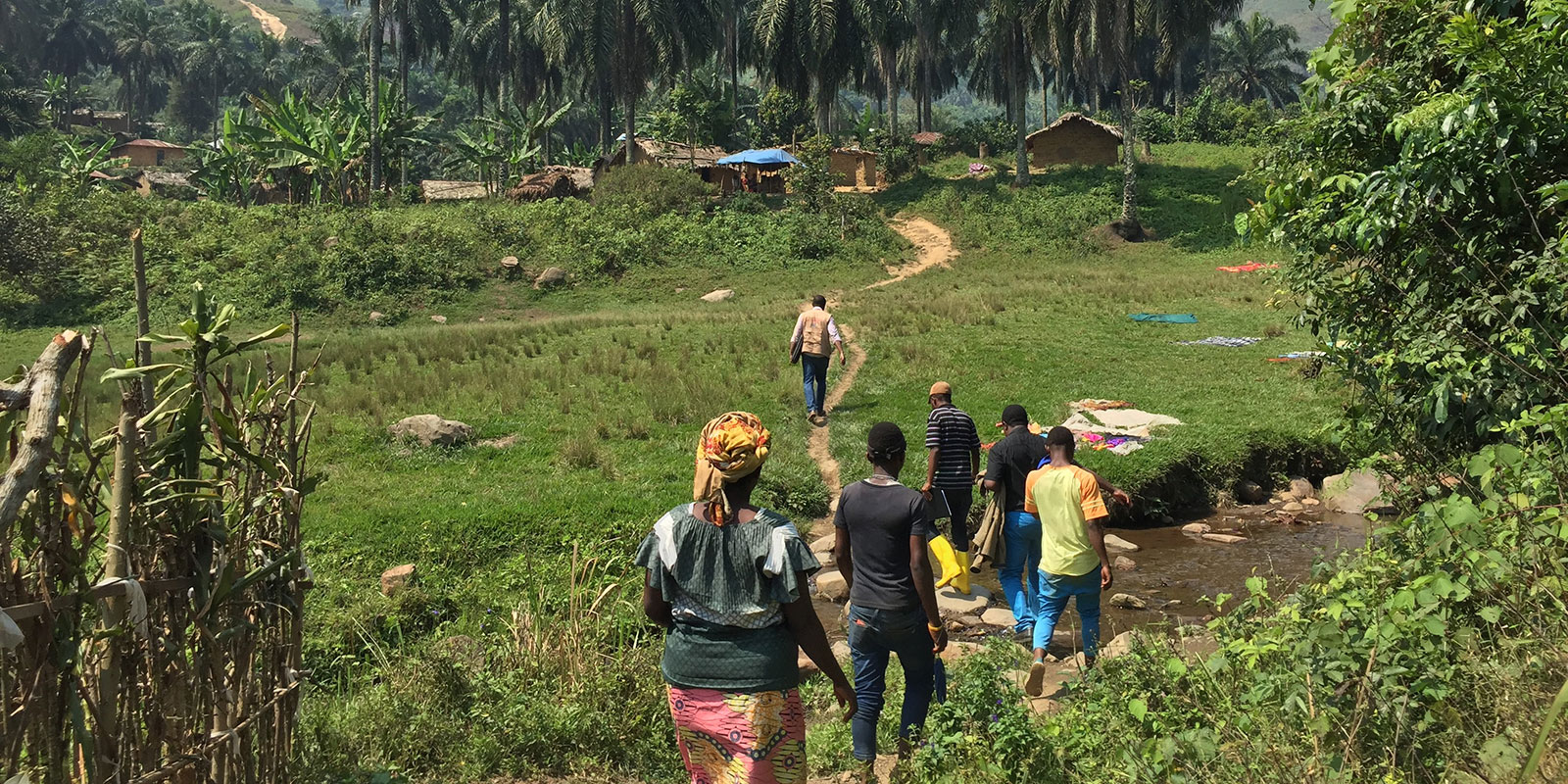The fanfare that comes with narrating insecurity in the Democratic Republic of Congo (DRC) consistently focuses on the enemy, the capabilities of active and inactive non-state armed groups, their supporters, or their funders. What is missing is an in-depth, and honest reflection and conversation on institutional leadership and systemic issues within the DRC government. It is impossible and counterproductive to disassociate the DRC’s leadership from their moral, ethical, social, and political responsibilities on matters of both security and insecurity. This is even more important during this time of increased attacks on civilians in the North Kivu and Ituri provinces by armed groups, including Allied Democratic Forces (ADF).
What is missing is an in-depth, and honest reflection and conversation on institutional leadership and systemic issues within the DRC government @DrYvanYenda
Tweet
To operationalize a possible path to security provision and peace recovery in the country, one should look at the following policy, political, and security strategies; (a) building a trustworthy leadership, and (b) de-securitizing national political rhetoric. Doing so will shift the narrative of the DRC from the research laboratory of non-states armed groups, to the reality of a weak, yet ambitious, nation that tries to regain its sovereignty and launch itself on the path of sustainable development with functional and resilient institutions.
Building a trustworthy leadership class and practice
Far before the debacle of the 2018 national elections, the political leadership in the DRC always suffered from a low to lack of legitimacy. Apart from a struggling political machinery, the issue of low to lack of legitimacy is also accentuated by the absence of visionary and competent leaders equipped and willing to move the country and its institutions forward.
For the past two and half years, since his presidency began, President Tshisekedi has tried to launch a new leadership style focused on accountability and transparency in the management of public service. During his recent visit to Goma, he even extended the same narrative toward the military. He complained about the high level of corruption among high-ranking military officials who are, partially, blamed for entertaining insecurity in the region.
However, while on the one hand he tries to elevate an ethical leadership at the centre of DRC’s governance, on the other hand he and his close partners are blamed for using their political influence to walk over the constitution and undermine the rule of law which he claims to champion. Hence, fragilizing the country and undermining the peacebuilding and security recovery efforts.
The type of trustworthy leadership and practice that the DRC needs is the leadership that objectively and actively addresses basic issues such as those related to the provision and improvement of health services, education, and job creation.
The government and political leadership should take full responsibility of their duty and should act to actively deliver on their obligations rather than securitizing the political rhetoric as a mean to avoid public accountability @DrYvanYenda
Tweet
Desecuritizing national political rhetoric
Another area that needs attention is the desecuritization of the national political rhetoric. While it is evident that the DRC continues to experience social and political tension manifested through divisive rhetoric such as those based on ethnicity, tribalism, and now the so-called issue of ‘congolité’, it is critical that the political leadership avoids securitizing the national political language.
For instance, during the announcement of the state of siege of North Kivu and Ituri, the government called for a harmonization of narrative among national actors and invited the media and other social influencers to restrain from criticizing the military and the government’s strategy for the eastern part of the country, considering any opposing public opinion and critics as enemies of peace.
The same rhetoric was used against the sit-in in Beni that was organized by high school students to protest against recurrent massacres of civilians. One of their demands was for the president to visit the region before they return to school. Unfortunately, the sit-in, which was peaceful, was met with violent responses from the police who considered this peaceful protest a strategy that ADF and the enemy of peace were advancing to destabilize the region. While it is possible that some negative armed forces and opportunist politicians could maximize on such peaceful protests to discredit the work of the government, the danger of securitizing every political narrative, and using them to counter with opposing public opinion or restricting some liberties exposes the country to the possibility of more violence and regression on human and civil rights. Once again, the government and political leadership should take full responsibility for their duty and should actively deliver on their obligations rather than securitizing the political rhetoric as a means to avoid public accountability.
To conclude, the merit of looking at the issue of state responsibility and leadership is based on the fact that; (1) the primary and most important actor for security provision and recovery, as well as peacebuilding is the state, and (2) the state must reimagine its existence and play its role to promote national security and protect its citizens. Leaders in the DRC cannot hide from this fact, and the United Nations Organization Stabilization Mission in the DR Congo (MONUSCO) which supports the DRC in its efforts to restore peace should not ignore this stubborn, yet important, truth: weak leadership will never address issues of contention in the DRC.
Dr. Yvan Yenda Ilunga is a Visiting Assistant Professor of Political Science at Providence College (USA), and serves as Deputy Director for the Joint Civil-Military Interaction (JCMI) Research and Education Network. He is the author of ‘Humanitarianism and Security: Trouble and Hope at the Heart of Africa’ (Palgrave McMillan Inc, 2020). He Tweets at @DrYvanYenda.


